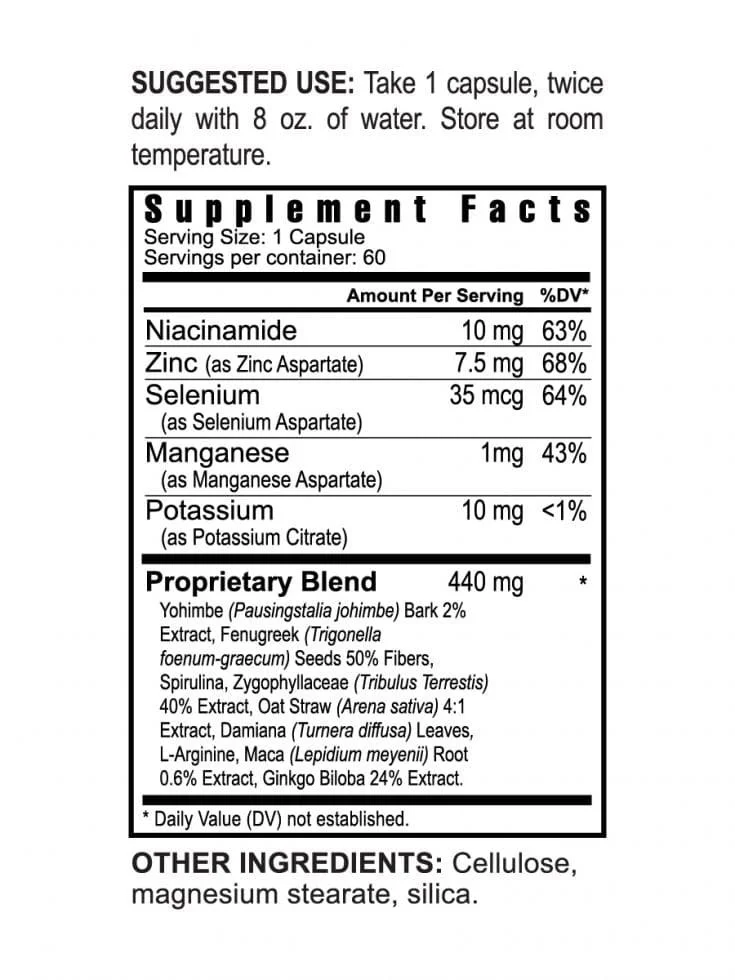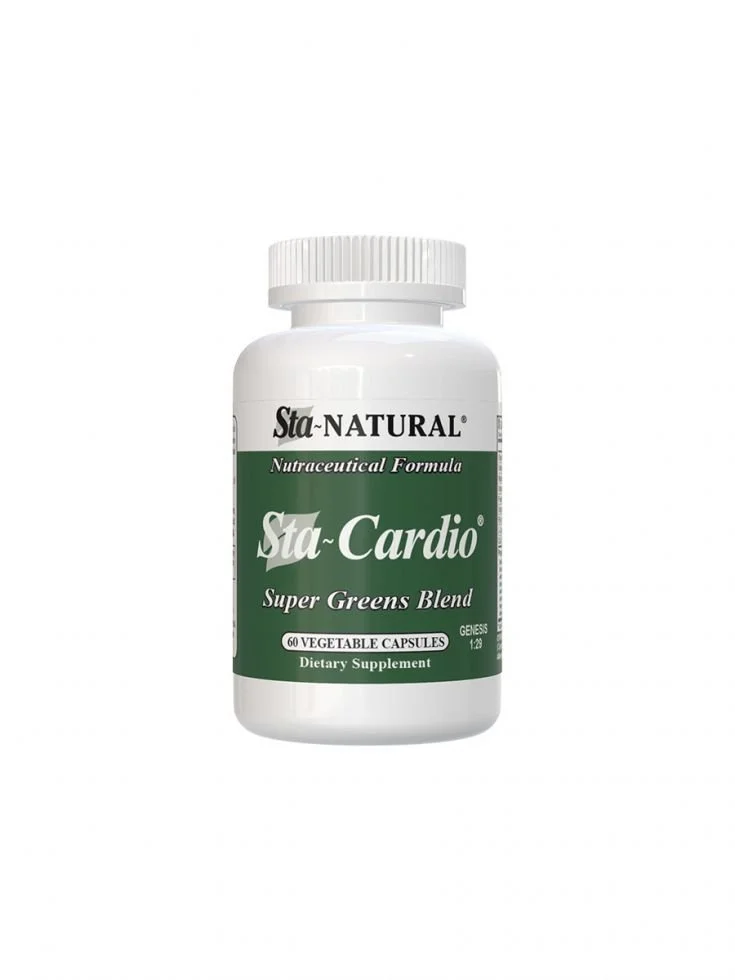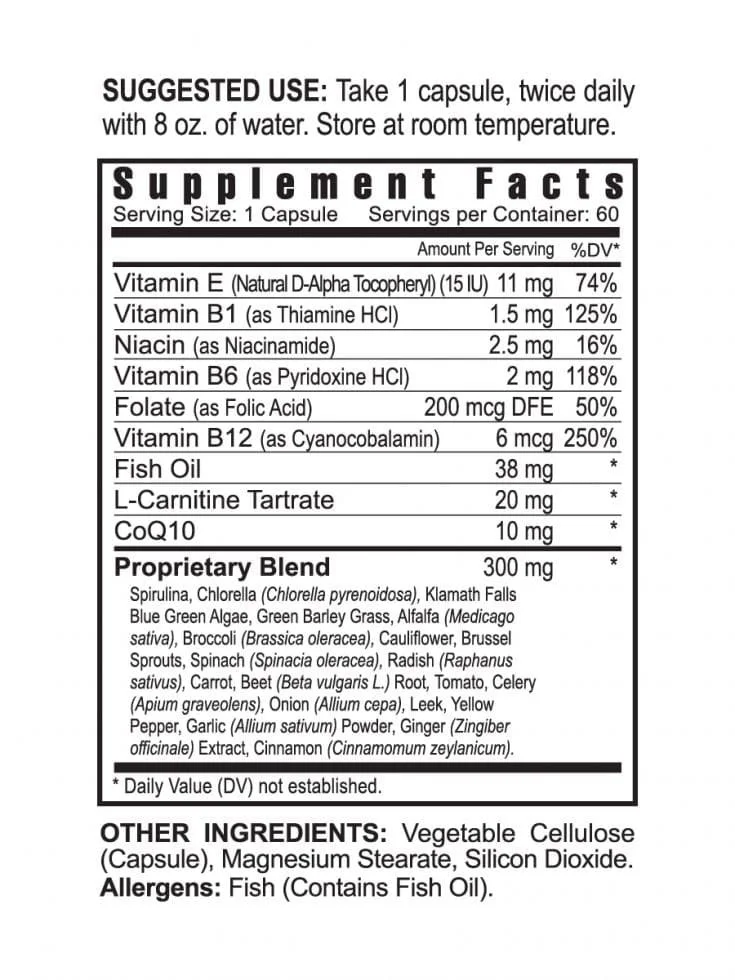Why Choose Projoba Omega™?
ProJoba Omega™ is crafted for those who value purity, potency, and consistency. It features a standardized marine lipid concentrate rich in EPA and DHA—essential fatty acids important for overall wellness.
With easy-to-swallow soft-gels, no added yeast or starch, and rigorous safety testing, ProJoba Omega™ delivers trusted quality in every serving.
Key Ingredients
Marine Lipid Concentrate (Fish Oil)
EPA (Eicosapentaenoic Acid): Supports cardiovascular and circulatory health
DHA (Docosahexaenoic Acid): Contributes to brain function and vision maintenance
Vitamin E
Antioxidant that helps protect cells from oxidative stress
Ingredients
Fish oil (Eicosapentaenoic Acid EPA, Docosahexaenoic Acid DHA), gelatin (bovine), glycerin, purified water, and Vitamin E (dl-Alpha tocopheryl acetate as a stabilizer).
Suggested Use
How to Take ProJoba Omega™:
Adults: Take 1–2 capsules, twice daily with meals
Storage: Store in a cool, dry place away from direct light
FAQ
What does ProJoba Omega™ do?
ProJoba Omega™ is a dietary supplement formulated to support heart, brain, and vision health. It contains a blend of marine-derived Omega-3 fatty acids that help maintain normal physiological functions.
How do I take ProJoba Omega™?
Take ProJoba Omega™ according to the product label. Most people take it with meals, and consistent daily use is recommended for best results.
Who is ProJoba Omega™ best suited for?
ProJoba Omega™ is best suited for individuals looking to support heart, brain, and eye health—especially those who may not regularly consume fatty fish.
Resources
Effect of Omega-3 Fatty Acids on Cardiovascular Outcomes. Journal of the American College of Cardiology. 2021.
Health Benefits of Docosahexaenoic Acid (DHA). Pharmacological Research. 1999.
Eicosapentaenoic Acid vs. Docosahexaenoic Acid for the Prevention of Cardiovascular Disease. Current Opinion in Clinical Nutrition and Metabolic Care. 2023.
Docosahexaenoic Acid and Cognition Throughout the Lifespan. Nutrients. 2016.
EPA May Be Beneficial in Reducing Cardiovascular Disease Risk. Penn Medicine News. 2022.
Dietary Docosahexaenoic Acid (DHA) as Lysophosphatidylcholine Improves Cognitive Function in Adult Mice. Scientific Reports. 2017.
EPA Omega-3 Fatty Acid Reduces Cardiovascular Events. Harvard Gazette. 2021.
Emerging Mechanisms of Cardiovascular Protection for the Omega-3 Fatty Acid Eicosapentaenoic Acid. Arteriosclerosis, Thrombosis, and Vascular Biology. 2020.
Study Links Omega-3s to Improved Brain Structure, Cognition at Midlife. UT Health San Antonio News. 2022.
Omega-3 Fatty Acids for Cardiovascular Event Lowering: An Updated Meta-Analysis. European Journal of Preventive Cardiology. 2024.
Disclaimer: If you are pregnant, nursing, taking medications, or have a medical condition, consult your doctor before use. Keep out of reach of children. This product is not intended to diagnose, treat, cure, or prevent any disease, and individual results may vary. These statements have not been evaluated by Health Canada.














